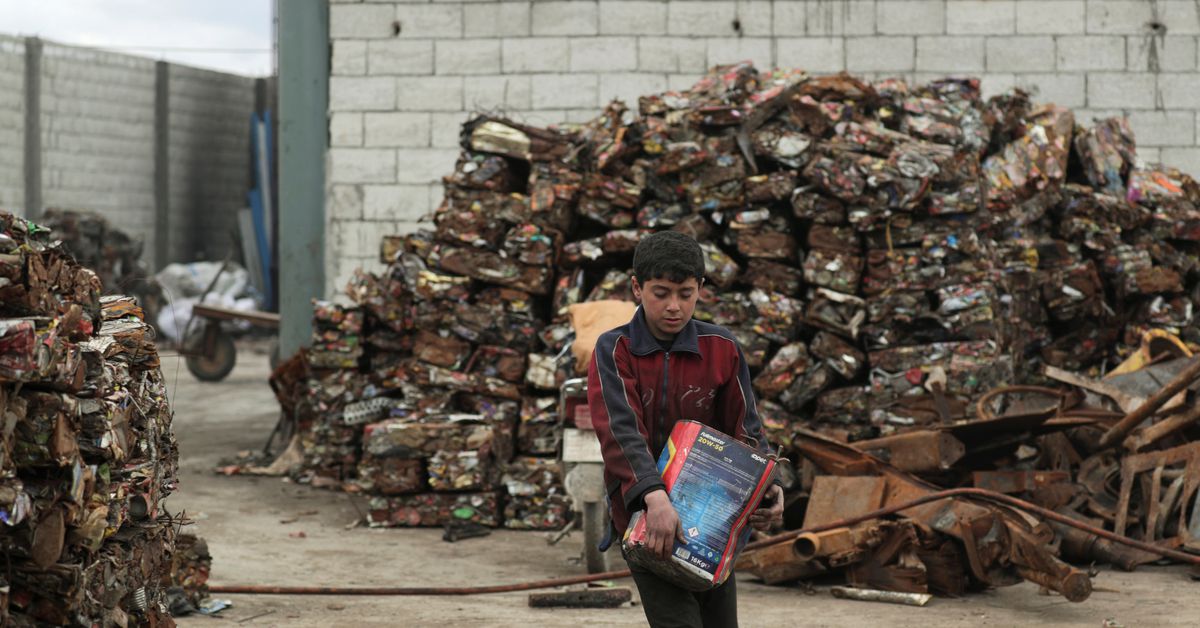Private sector still suffering even after one year of Taliban takeover

Kabul, Afghanistan:
According to the survey, many private sectors faced a shortage in consumers demand, forcing investors to reduce operations. Further, small enterprises have been hit hardest with about 38 per cent of them seizing operations, compared to a 25 per cent among medium and 35 per cent among large businesses in Afghanistan.
“The majority of surveyed businesses reported a drastic decline in consumer demand for their products and services and have been forced to scale back operations, reduce investments, and lay off employees,” the media outlet quoted the survey report as saying.
The survey also found that Afghan women have been more vulnerable as compared to men as 42 per cent of businesses owned by women are temporarily closed compared to 26 per cent of firms owned by men.
While surveyed business owners have slashed jobs, laying off more than a half of their employees on average, women employees have been more affected as compared the men employees.
“Women employees in surveyed businesses faced more severe job losses than men employees, and overall, three-quarters of women workers were laid off from surveyed firms since August 2021,” said the report.
The findings of the survey show that though Afghan domestic inputs have become more expensive, they are still difficult to obtain due to supplier closure and supply chain disruptions.
Access to imported goods has also become difficult because of the ongoing border closures, the rising value of foreign currency, and the increase in goods prices.
Besides all this, banking in Afghanistan has been most affected, with the banks “increasing reliance on cash transactions and informal money transfers,” according to the survey.
“Domestic transactions are adversely affected by constrained liquidity in the banking sector and by a lack of access to bank accounts and/or payment services,” the media outlet quoted the World Bank report as saying.
The Taliban’s swift ascension to power in Afghanistan occurred in mid-August, triggering economic disarray and a dire humanitarian crisis.






